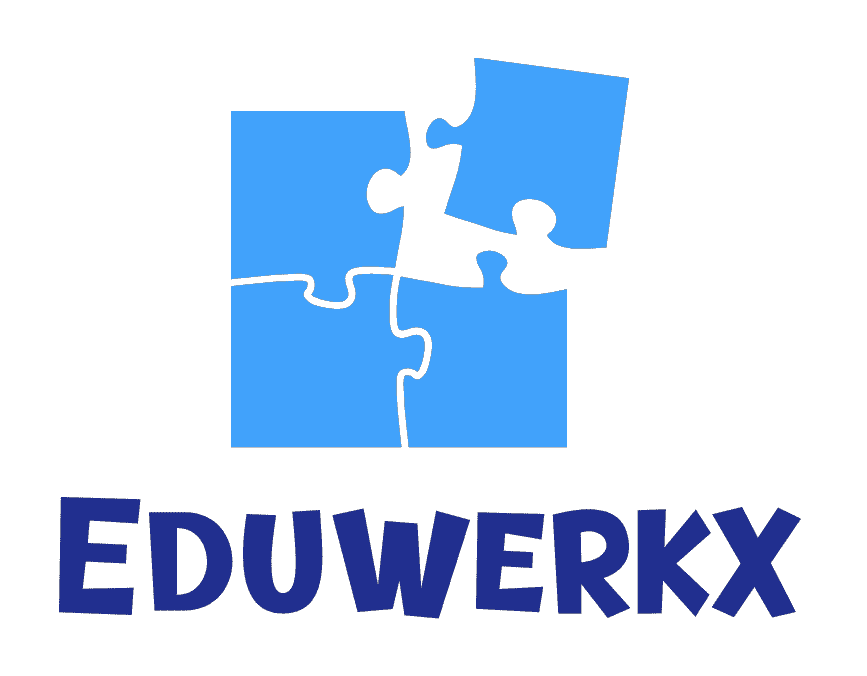Previously, we discussed the complementary roles of parents and schools in a child’s development. Parents serve as the foundation, modelling values and shaping character, while schools play an essential role in intellectual growth, fostering learning habits and developing potential.
While children often learn by example, there are occasions where children exposed to “harmful” parental behaviour may develop opposite behaviours. This is often a self-protective behaviour where the child intentionally chooses to adopt a different behaviour to shield themselves from negative experiences.
For example, a child who repeatedly experiences their parent’s absence, whether through daily neglect or missing important events, can develop deep-rooted feelings of abandonment. They grow up to become overly involved parents, determined to be constantly present for their children. This overcompensation is a direct response to the negative consequences they associate with neglect.
Another example is where a child is frequently subjected to punishments for their parent’s habit of being late. To avoid similar negative experiences, they develop an aversion to being late and cultivate an extreme sense of punctuality as adults. Conversely, if a child faces no consequences, they are more likely to follow their parent’s behaviour of being late.
Parenting Driven by Fear of Failure
For this post, we will examine the consequences of a parenting style characterized by a high degree of parental control driven by a fear of failure. Commonly known as “Kiasu” parenting in Asia and helicopter parenting in western cultures.
Both parenting styles share a common core but different in their focus. While “Kiasu” parenting primarily emphasizes academic success, helicopter parenting focuses on overall development. Many parents believe that this parenting style will create their ideal successful adult, but think again.
Have you come across adults who exhibit a strong sense of entitlement? They often come across as ungrateful, demanding, close minded and seem to think that the world owes them something. They are not willing to put in the hard work, carry a sense of superiority, believe they deserve special treatment and have a tendency to blame others.
What if I told you the “kiasu” and helicopter parenting styles might be creating the entitled adults we often see today?
Kiasu is a Singaporean term that roughly translates to “fear of losing out.” In the context of parenting, it refers to a style where parents place an intense focus on their child’s academic and extracurricular activities, frequently comparing their child’s achievements to others.
Kiasu parents often micromanage their children, often with the best intentions but without realizing the negative impact this can have on their child’s learning and development. Imagine going to work where your boss oversees every detail of your work, makes decisions for you and forces you to do everything without any room for input or refusal.
It’s hard to feel motivated, inspired, engaged or even invested in what you do when you are stripped of your independence and control over your work. You simply follow instructions like a slave with no sense of ownership or purpose. This stifles creativity, innovation and overall satisfaction, leading to a decline in engagement and productivity.
Curious to know more about this parenting style and others? Follow to discover more in part 7.
#ParentingTips #TeenEducation #AcademicSupport #LearningChallenges #StudyTips #EducationMatters #TeenSupport #SchoolStruggles #EducationalGuidance #ParentingAdvice #Eduwerkx #AITutor #education #edtech #kiasu #helicopter
